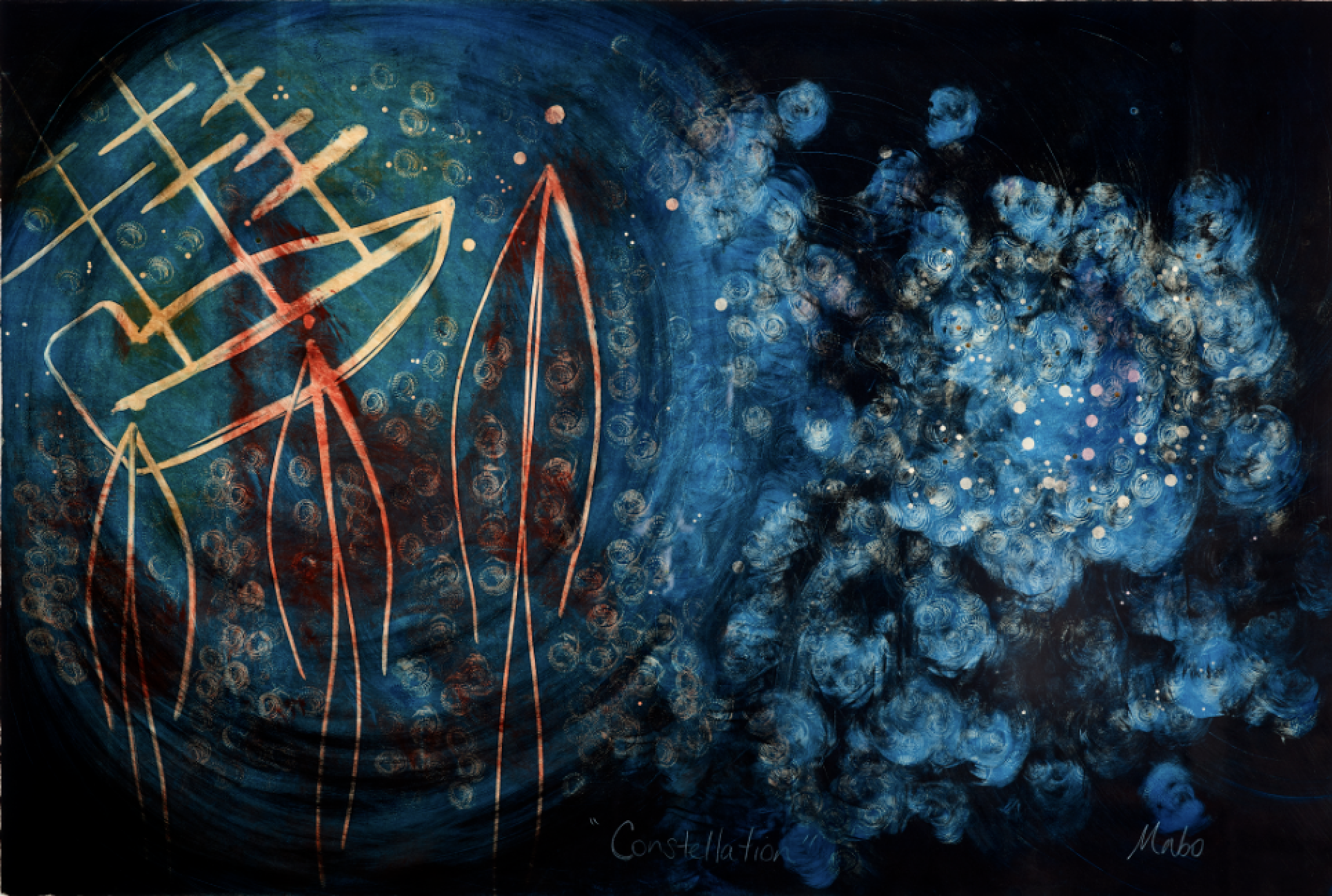“Mabo Decision Was …”
Reading Mabo Through the Poetry of Lionel Fogarty
Abstract
Thirty years after it was decided, the Mabo vs. Queensland case is remembered as a singularly defining landmark in the Aboriginal land rights movement and Australian political history. Ken Gelder and Jane Jacobs posited in 1995 that we live in a “post-Mabo Australia” of “unsettlement,” a “moment of decolonization, [where] what is 'ours' is also potentially, or even always already, 'theirs’” (171-172). In this article, I reconsider Mabo’s historical legacy through the writings of Lionel Fogarty, who has kinship connections to Wakka Wakka, Yoogum, and Mununjali peoples. Fogarty is rarely studied in the Mabo turn in Australian literature, perhaps in the view that his poetry is located within the ‘protest poetry’ of a pre-Mabo Australia. Born more than a decade before the 1967 referendum, Fogarty writes continuously about land rights through a poetic oeuvre spanning forty years, often from the perspective of his close personal involvement in activism. Fogarty unsettles the commemorative ethos with which Mabo is remembered, while inextricably tied to its memory. Fogarty’s resistance to monumentalisation can also be read as a guide to reading the poet’s own literary achievements in the decades before and after Mabo. By disrupting the commemorative impulse at the heart of Mabo, Fogarty renews the eventfulness and potential of another Mabo (and perhaps, another Fogarty): one that is always in-progress or unsettled, ‘a courtesy sustained’ and a ‘wave to turn.’
Downloads
Published
Issue
Section
License
The copyright for articles in this journal is retained by the author(s), with first publication rights granted to the journal. By virtue of their appearance in this open access journal, articles are free to use with proper attribution in educational and other non-commercial sectors.Attribution-NonCommercial-ShareAlike 2.1 Australia
This work is licensed under the Creative Commons Attribution-NonCommercial-ShareAlike 2.1 Australia License. To view a copy of this license, visit http://creativecommons.org/licenses/by-nc-sa/2.1/au/ or send a letter to Creative Commons, 543 Howard Street, 5th Floor, San Francisco, California, 94105, USA.

